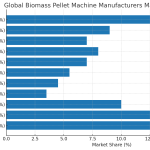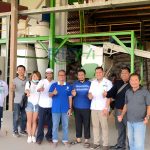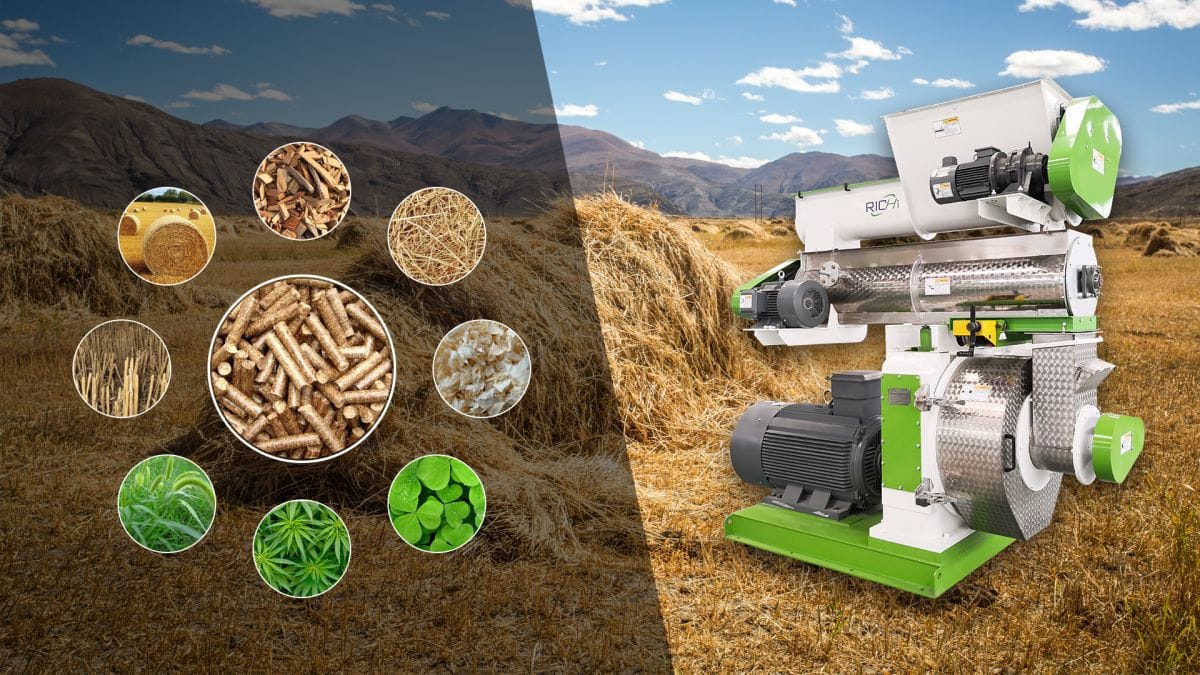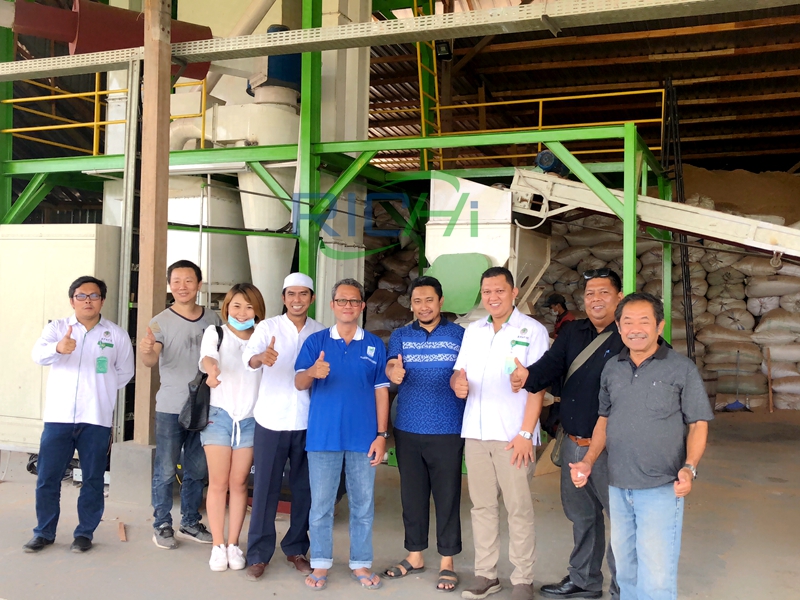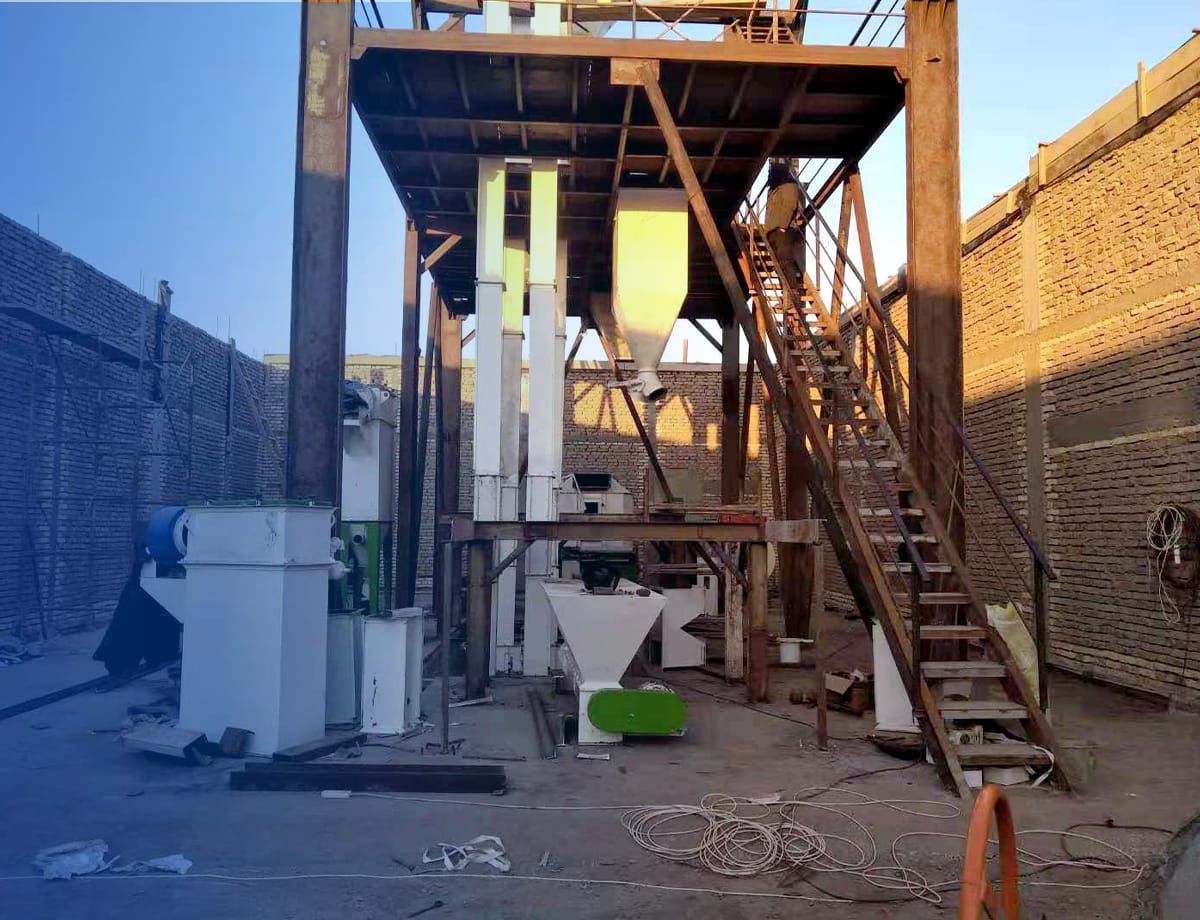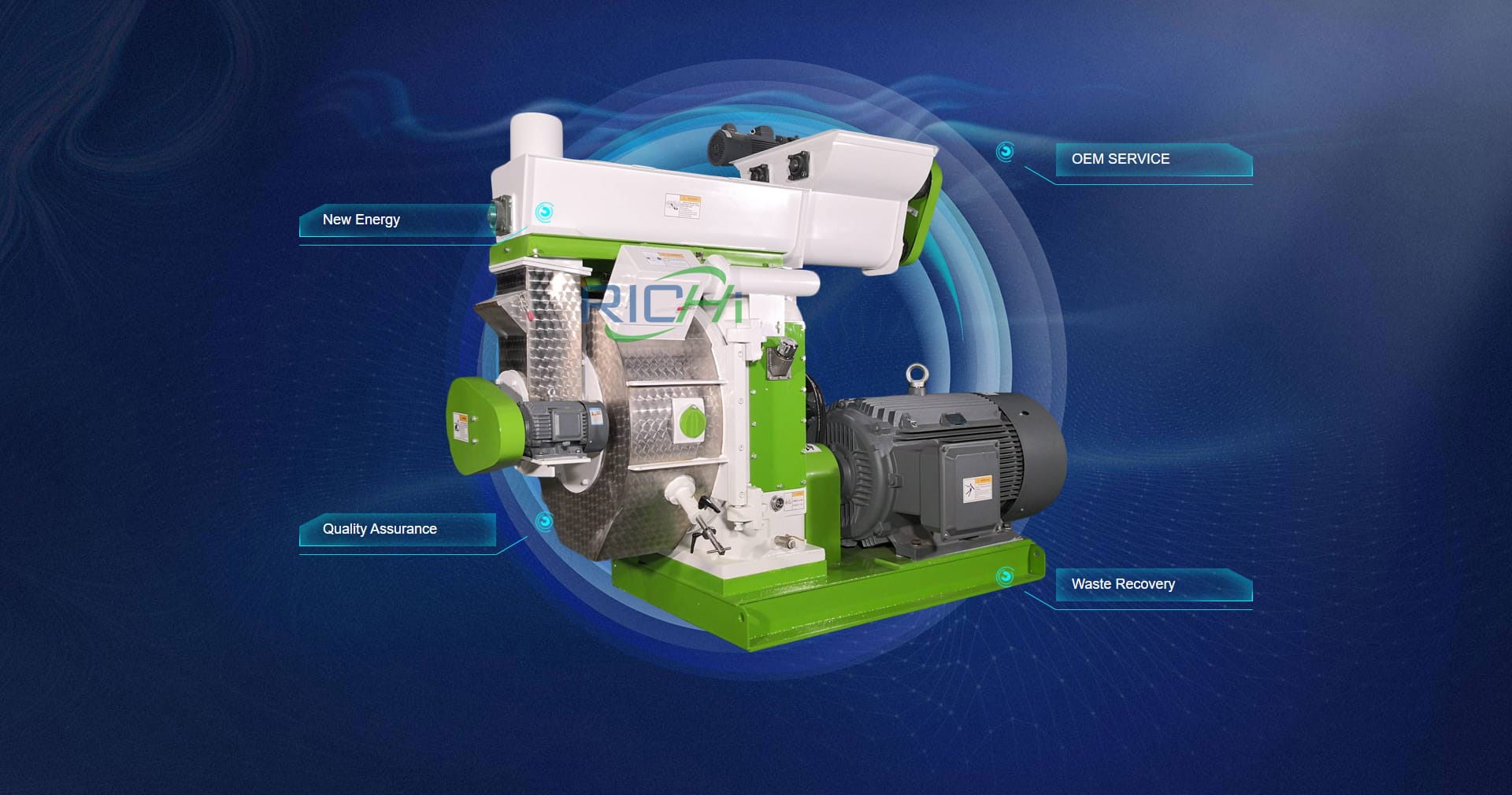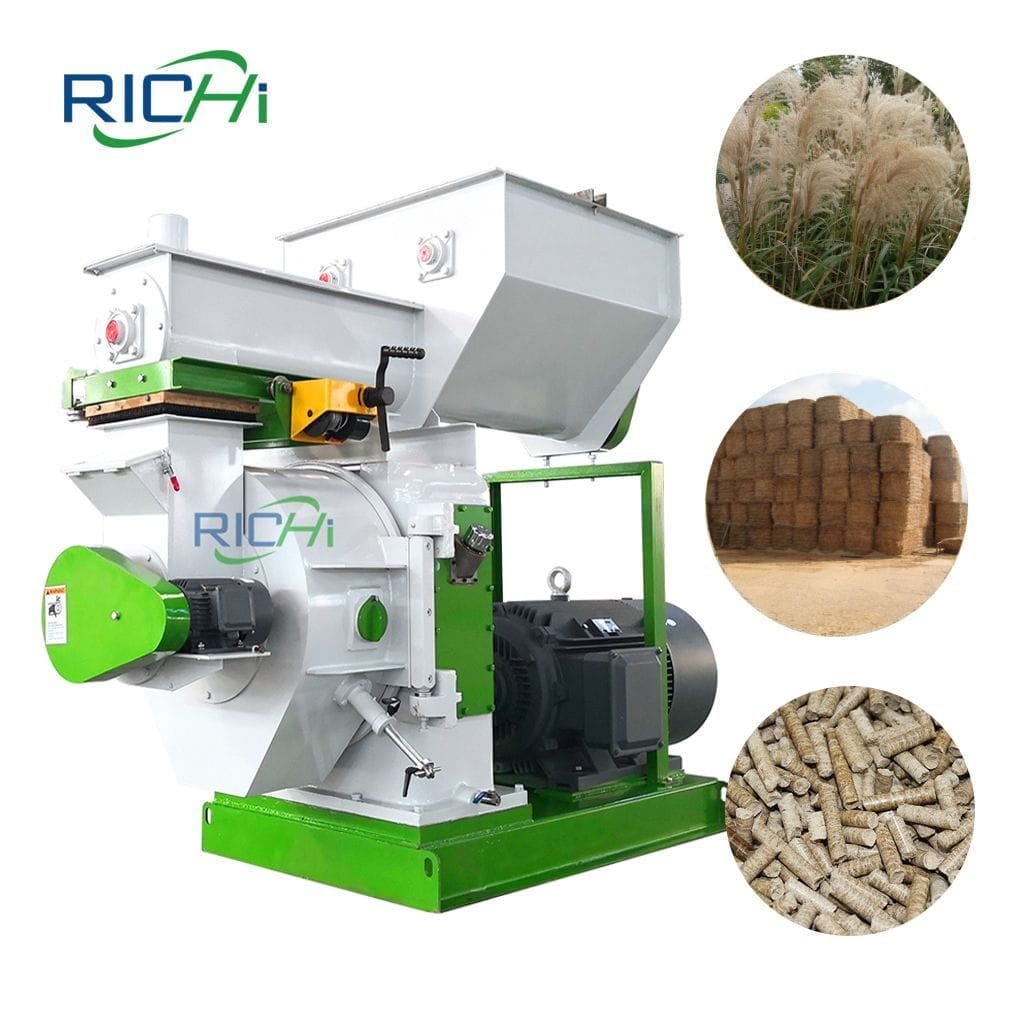In the dynamic landscape of modern agriculture and renewable energy, the need for sustainable and efficient solutions is more pressing than ever. With the global challenges of climate change, resource depletion, and feeding a growing population, agri pellet machinery is proving to be a game-changer. These machines offer a versatile way to transform agricultural residues into valuable resources, providing an innovative approach to energy production.
The Importance of Agri Pellets
Agri pellets, or biomass pellets, are compressed forms of agricultural residues like crop straws, husks, and stalks. They offer several advantages over loose biomass:
- Increased Energy Density: Compaction boosts the energy density of biomass, making it more efficient for transportation, storage, and combustion.
- Improved Handling and Storage: Pellets are uniform in size and shape, facilitating easier handling, storage, and use in automated feeding systems.
- Reduced Emissions: Burning agri pellets produces lower levels of particulate matter and greenhouse gases compared to fossil fuels.
- Waste Utilization: Converting agricultural residues into fuel promotes a circular economy and reduces waste disposal issues.
- Renewable and Sustainable: Derived from renewable sources, agri pellets offer an environmentally friendly energy solution.
Agri pellets are used in various sectors, including residential and commercial heating, industrial boilers, and power plants, offering a versatile energy source.
The Role of Agri Pellet Machinery
Agri pellet machinery is essential for converting agricultural residues into high-quality pellets. These machines handle various biomass feedstocks, ensuring consistent and reliable production. The typical process involves several key components:
- Feedstock Handling and Preparation: Collecting, sorting, and preprocessing agricultural residues. This may include drying, shredding, and size reduction.
- Grinding and Sizing: Preprocessed biomass is ground to a consistent particle size, crucial for uniform pellet quality.
- Conditioning: Biomass is conditioned with steam or water to soften it, aiding in the binding process during pelleting.
- Pelleting: The conditioned biomass is compressed and extruded through die holes by rotating rollers or a ring die.
- Cooling and Drying: Rapid cooling and drying of the hot pellets prevent moisture absorption and maintain structural integrity.
- Screening and Packaging: Pellets are screened to ensure consistency and then packaged for storage and distribution.
Factors Influencing Agri Pellet Quality and Efficiency
Several factors impact the quality and efficiency of agri pellets:
- Feedstock Quality: The type and quality of agricultural residues are crucial for optimal pellet production.
- Particle Size Distribution: Uniform particle size is essential for efficient pelleting and pellet durability.
- Conditioning Parameters: Temperature, moisture content, and conditioning time affect pellet quality and energy consumption.
- Die Specifications: The size, shape, and compression ratio of die holes influence pellet characteristics and energy requirements.
- Cooling Rate: Efficient cooling prevents degradation and maintains pellet quality.
- Maintenance and Optimization: Regular maintenance and process optimization ensure machine performance and efficiency.
Related post: https://www.richipelletmachine.com/pellet-line-for-sale/
Advancements and Future Outlook
The agri pellet machinery industry is evolving with advancements aimed at increasing efficiency, automation, and sustainability. Key developments include:
- Advanced Technologies: Integration of IoT and machine learning for real-time monitoring, predictive maintenance, and optimized process control.
- Alternative Biomass Sources: Exploring municipal solid waste, forestry residues, and dedicated energy crops as potential feedstocks for diversification and sustainability.
As global demand for renewable energy and sustainable agricultural practices grows, agri pellet machinery will play a crucial role in meeting energy needs while promoting environmental stewardship. Ongoing research and innovation will ensure these machines continue to provide clean, efficient, and reliable energy solutions.
Conclusion
Agri pellet machinery is at the forefront of the sustainable agriculture and renewable energy revolution, transforming agricultural residues into valuable energy resources. These machines are essential for powering homes, industries, and communities with clean, sustainable energy, supporting a circular economy, and reducing waste. By embracing agri pellet machinery, we can move towards a greener and more prosperous future, ensuring a sustainable energy landscape for generations to come.

